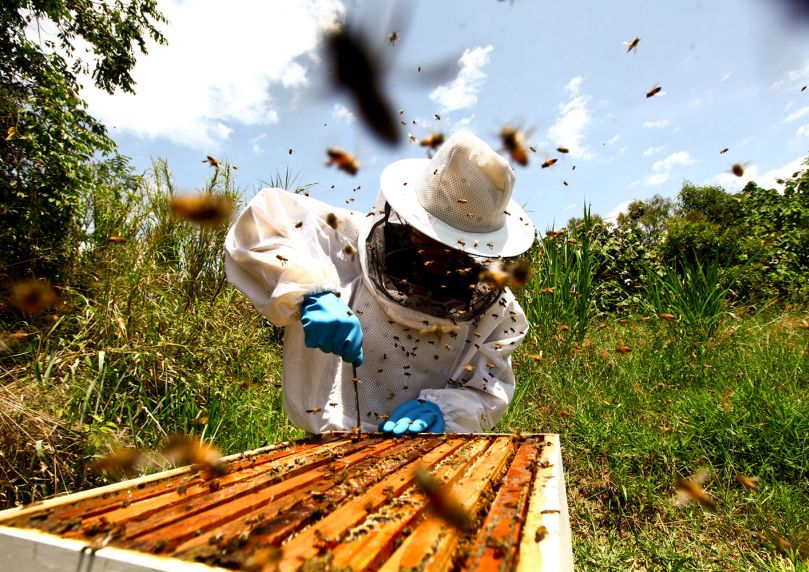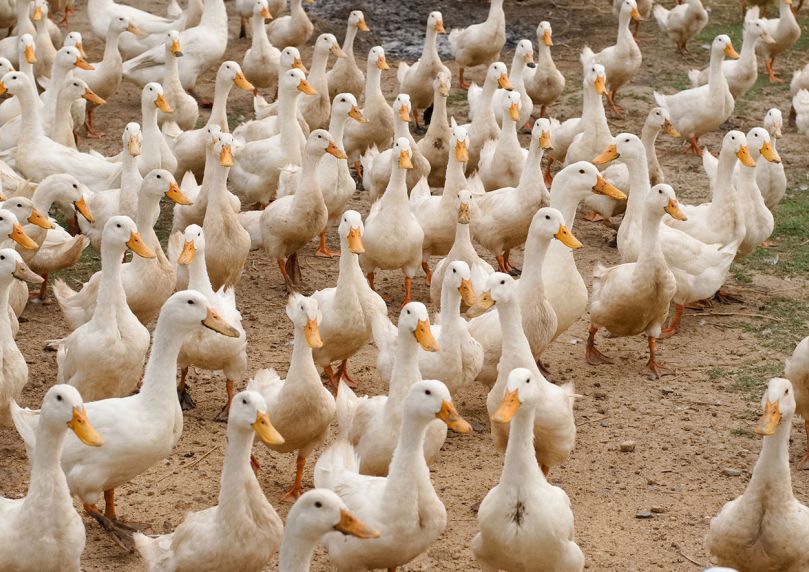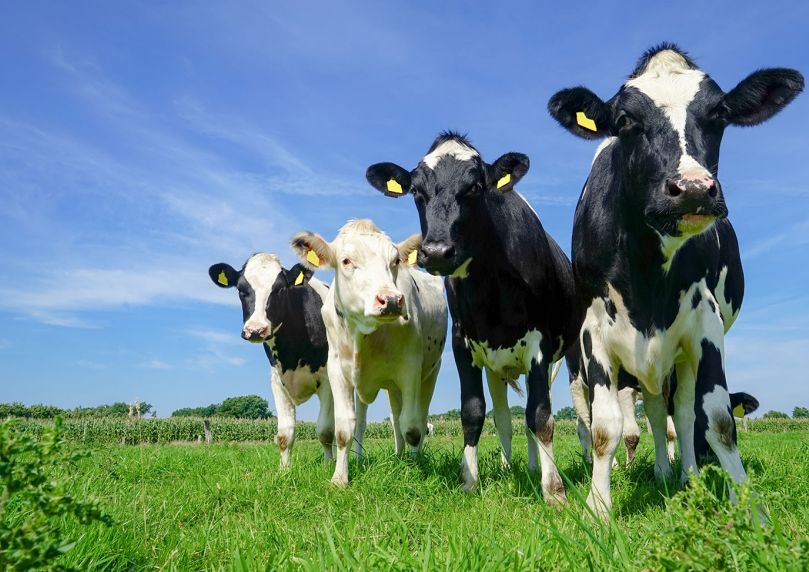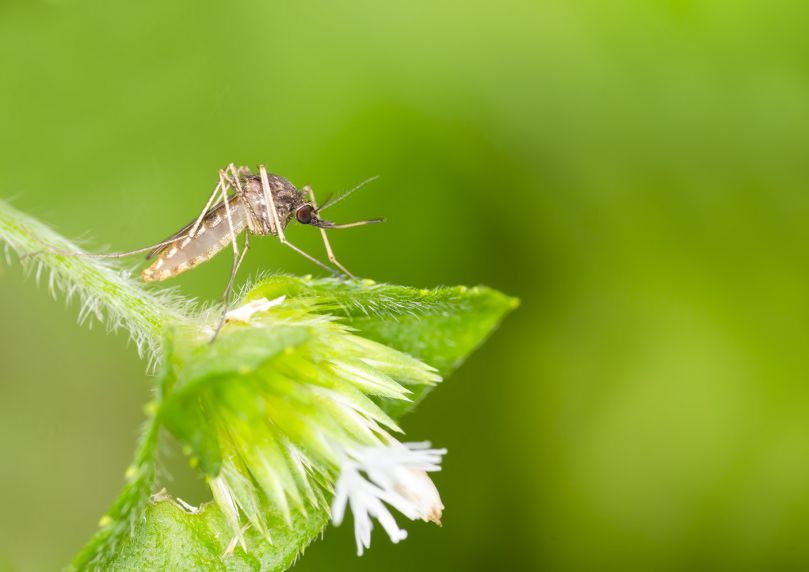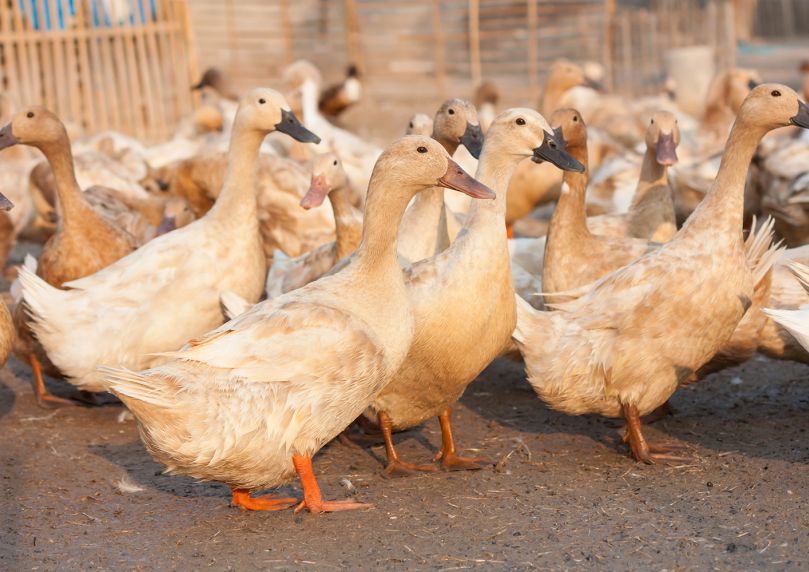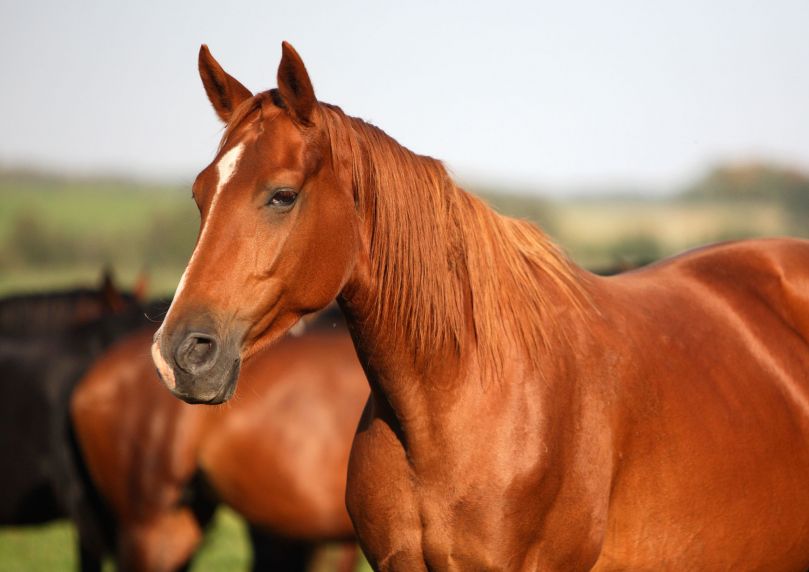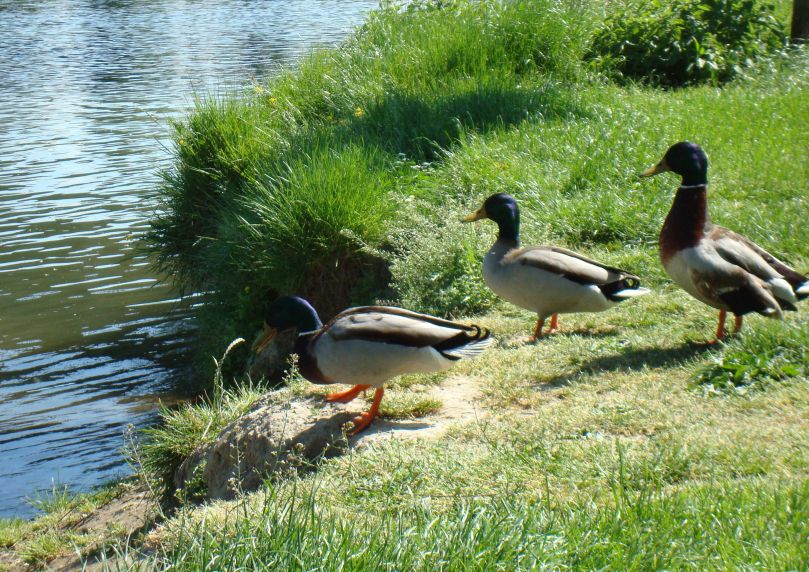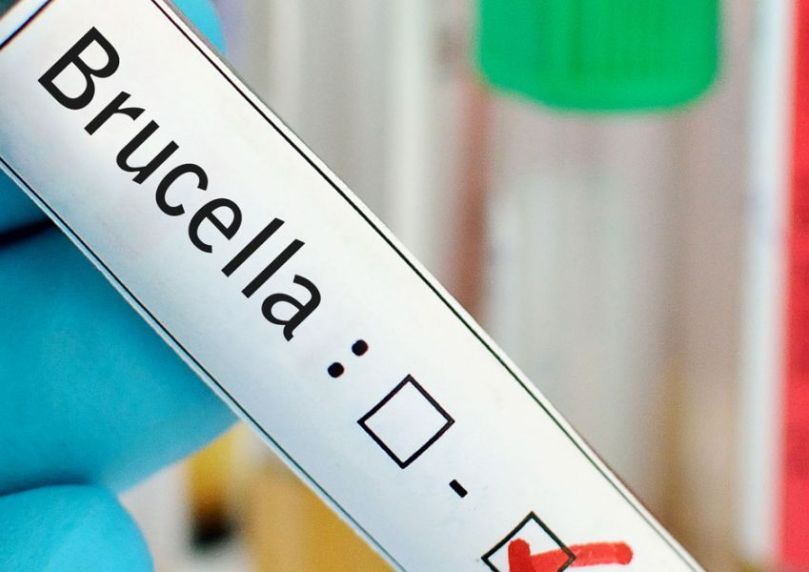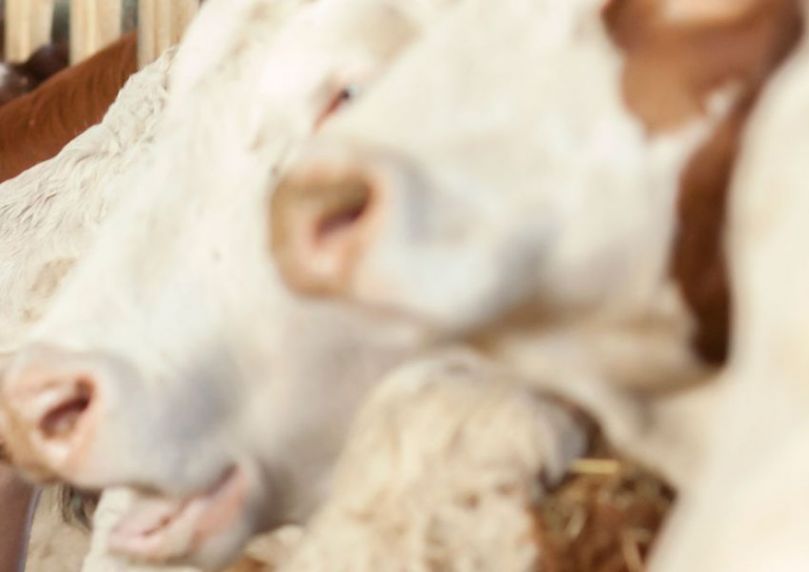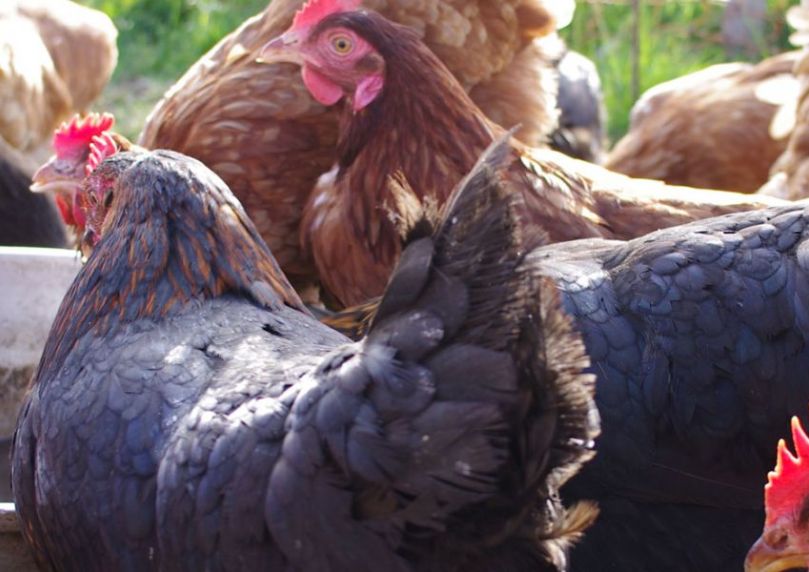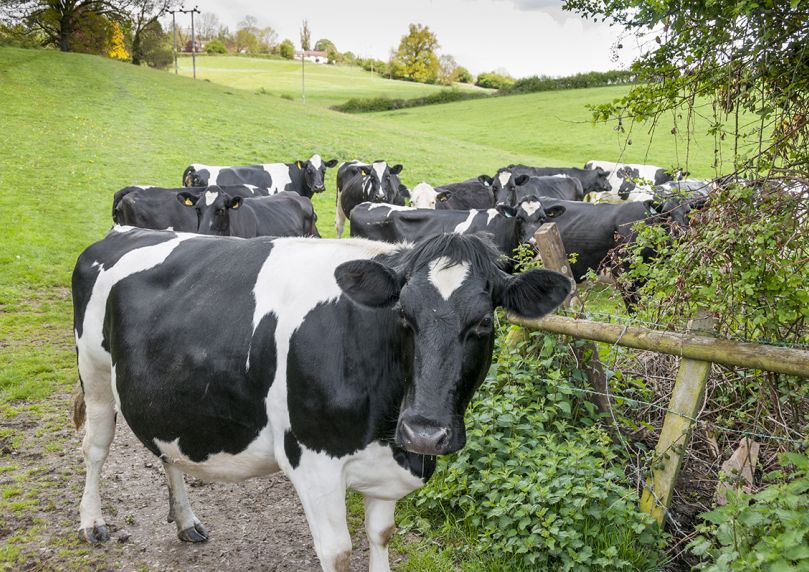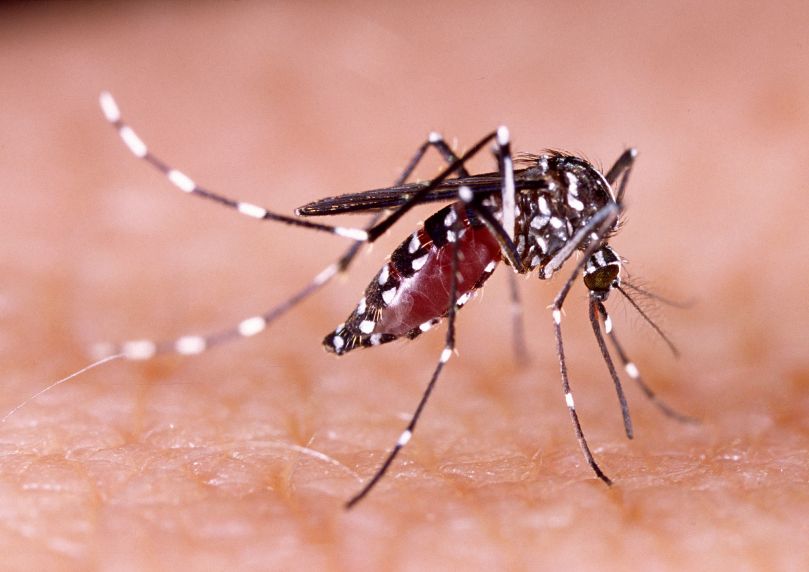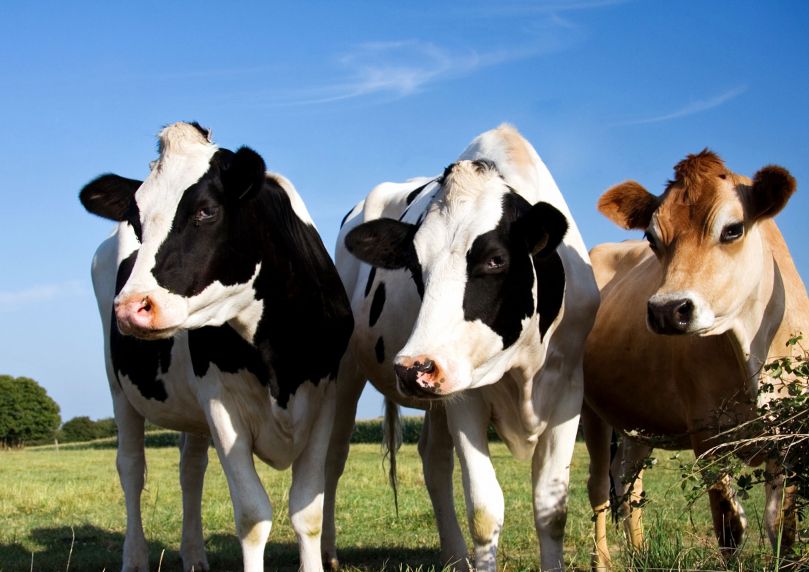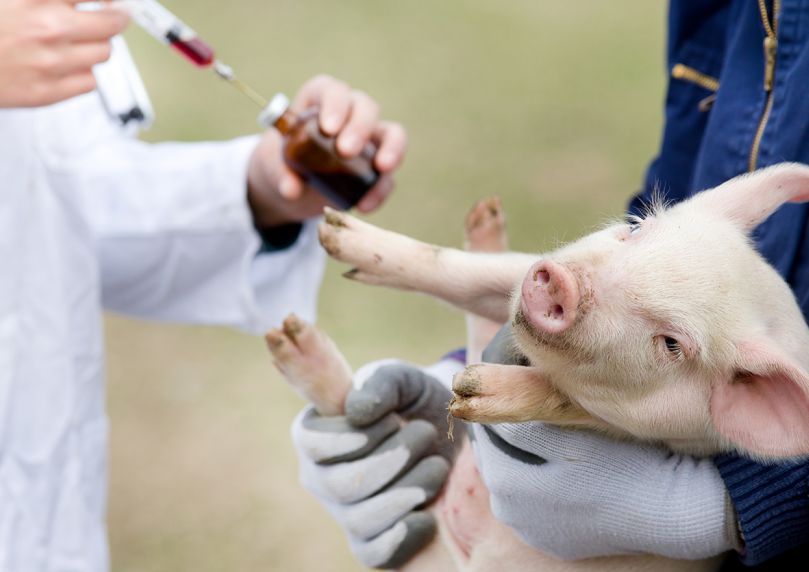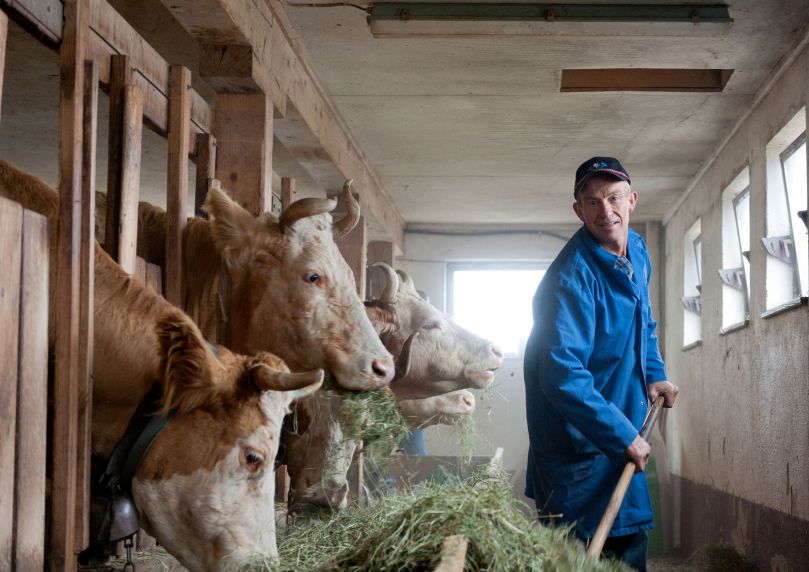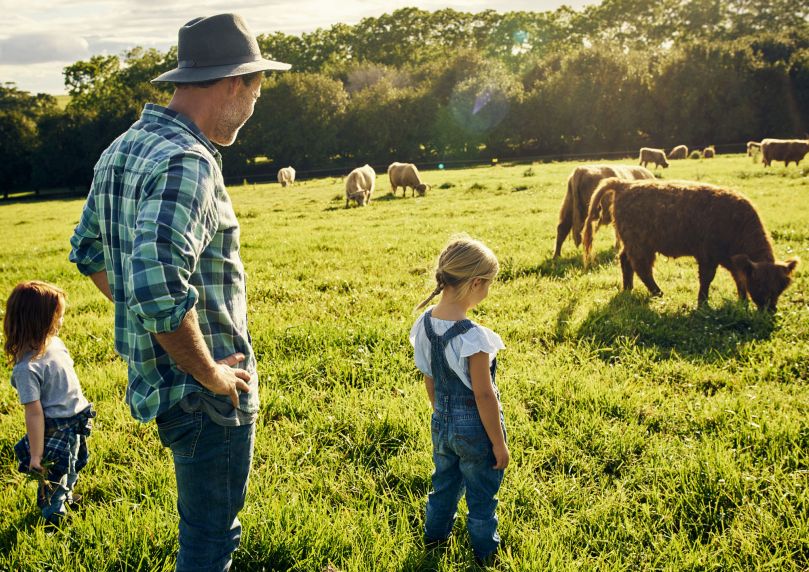Quick access

Page thématique
Animal health and welfare
As is the case for humans, animal health can be threatened by various viruses, bacteria and parasites. ANSES's expertise offers insights into the complex interactions between pathogens, animals and rearing conditions, while supporting the management of health crises. It therefore contributes to prevention and control of the main animal diseases affecting livestock and wildlife, as well as the zoonoses affecting human health. It also works to improve animal welfare while ensuring the safety of the food chain and the sustainability of the different production sectors.
Publications
Date de mise en ligne
Date de mise en ligne
Date de mise en ligne
Numéro de saisine
Date de mise en ligne
Numéro de saisine
Date de mise en ligne
Date de mise en ligne
Date de mise en ligne
Numéro de saisine
Date de mise en ligne
Date de mise en ligne
Numéro de saisine
Date de mise en ligne
Date de mise en ligne
Date de mise en ligne
Date de mise en ligne
Rhinotrachéite infectieuse bovine (IBR) - ELISA - LNR Rhinotrachéite infectieuse bovine
Date de mise en ligne
Numéro de saisine
Date de mise en ligne
Date de mise en ligne
Numéro de saisine
Date de mise en ligne
Date de mise en ligne
Date de mise en ligne
Date de mise en ligne
Date de mise en ligne
Date de mise en ligne
Numéro de saisine
Date de mise en ligne
Numéro de saisine
Date de mise en ligne



